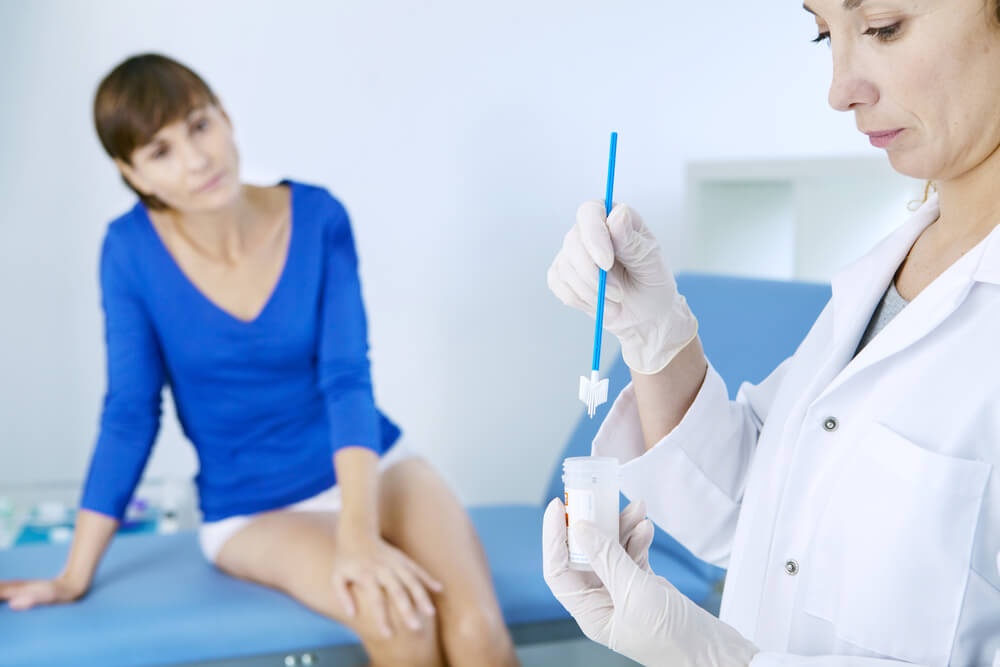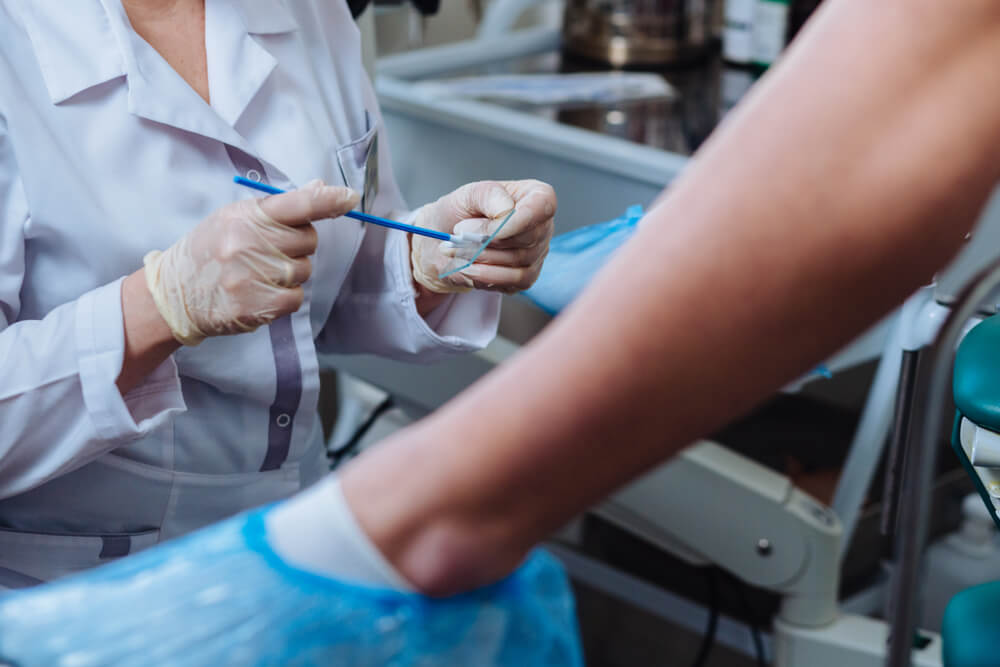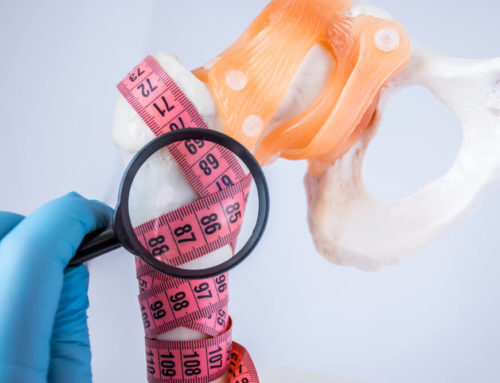A Pap smear is a test for cervical cancer in women, also referred to as a Pap test. Essentially, the smear collects cervical cells from the top of the vagina. The procedure can detect atypical cells in Pap smear very early as well as find concerning signs for the future, which is why an annual Pap smear is such an important part of female wellbeing. Even with abnormal Pap results, chances of successful treatment are much higher when this test is done regularly.
The annual Pap smear is often performed together with the annual pelvic exam. The general recommendation for the first Pap smear is at 21 years of age. However, women who are older than 30 may be suggested to do the Pap smear together with the HPV testing, as the HPV has been connected with cervical cancer.
The Suggested Frequency of Pap Smear Procedure
Generally speaking, women between the ages of 21 and 65 are recommended to get a Pap smear at least every three years. Women who are 30 years old and older can do the Pap smear every five years when it’s done in conjunction with HPV testing. HPV testing can replace Pap smear, too. However, to keep your health in check, the ideal frequency is to have an annual Pap smear, especially when there are some risk factors to consider, such as:
- Previously abnormal Pap or an already diagnosed cervical cancer
- An HIV infection
- Weak immune system after chemotherapy, organ transplant, or continuous use of corticosteroid
- Pre-birth diethylstilbestrol (DES) exposure
- Smoking
Depending on the risk factors, your doctor will present you with Pap smear risks and benefits and discuss the best frequency of going through with the procedure.
When Is It Acceptable to Stop with Pap Smears?

There are instances when it’s acceptable to stop doing the Pap smear procedure completely, namely after hysterectomy and at a certain age.
Total hysterectomy means having the uterus and cervix completely removed in surgery. In case the hysterectomy is done because of uterine fibroids or some other noncancerous condition, it might be perfectly fine to stop doing Pap smears. However, the continuation of the procedure may still be necessary if the reason for hysterectomy was due to (pre)cancerous condition in the first place.
In case there was no abnormal Pap or any atypical cells in Pap smear before they turned 65, women at that age are usually cleared for stopping the procedure. However, it’s important to discuss this matter thoroughly with your doctor, especially considering the risk factors you may have. Also, if you’re still sexually active, continuing with the Pap smear routine might be suggested.
It’s worth noting that a Pap smear is a safe procedure in regards to cervical cancer screening. However, this test is not perfectly correct all the time. That said, false-negative results are possible, especially if the number of abnormal cells is small, the cells collection wasn’t sufficient, or there are some other inflammatory cells that prevent the abnormal cells from showing up. But even though atypical cells in Pap smear may go unnoticed at one point, the test will most certainly catch them the second time around. Fortunately, it takes years for cervical cancer to develop.
Preparation for the Pap Smear
There are some things you can do in order to increase the efficiency of the procedure. These are good to know, especially if you’re getting your first Pap smear:
- Do not douche or engage in sexual intercourse at least two days before the scheduled Pap smear
- Do not use spermicidal foams or vaginal meds at least two days before the scheduled Pap smear
- Can you get a Pap smear on your period? – the answer is no; take into account your menstrual period when scheduling the Pap smear
What to Expect from the Procedure?
During the Pap smear
It only takes a couple of minutes to get the Pap smear procedure done. The doctor might take a bit more time to explain everything if this is the patient’s first Pap smear. Keep in mind that your doctor will probably ask you to remove your clothes from the waist down. A woman then lies on the exam table on her back, with heels in stirrups and knees bent. The doctor will proceed to insert a speculum into the vagina to spread vaginal walls apart and see the cervix properly. They’ll then proceed to take cervical cells samples with a spatula and a brush. For the doctor to get the best sample of cells, you can’t get a Pap smear on your period. In general, this procedure doesn’t hurt, and most women report feeling just slight pressure in the pelvic region.
After the Pap smear
Once the procedure is done, women can resume their daily routine. The collected sample of cells can be either placed in a special liquid or a glass slide, depending on which kind of Pap smear was performed; liquid-based or conventional one. The samples are then taken to the lab, where they’ll be tested for (pre)cancerous cells under a microscope. Before you leave the doctor’s office, make sure to inquire about when the test results will be ready.
Results

Pap smear results can potentially show the presence of atypical cells that could require further testing.
Normal Pap results indicate that the retrieved and examined cervical cells are normal and typical. When this is the case, the results will be negative. There will be no need to do any other tests or go through treatments until it’s time for the next exam.
Abnormal Pap results indicate that the retrieved and examined cervical cells are abnormal and atypical. In this case, the results will be positive. The nature of this positive result will highly depend on the cells type. Even if the Pap smear is positive, it doesn’t necessarily mean cervical cancer.
In case of an abnormal Pap smear, it’s possible that the doctor will further examine the cervix and vagina through colposcopy. They might also perform a biopsy to analyze a suspicious tissue sample further.
Again, it’s important to mention that you can’t get a Pap smear on your period or disturb vaginal flora with douching, intercourse, or vaginal meds at least two days before the procedure if you want to minimize the risk of incorrect test results.
Regular visits to the gynecologists for a woman’s wellness checkup, which includes Pap smear and pelvic exam, are essential parts of proper self-care for all women. Pap smear provides some peace of mind, but it can also save lives thanks to its ability to detect (pre)cancerous cells early. Of course, we are aware how challenging it can be to keep up with regular appointments if you feel uncomfortable. This is why we go out of our way to make sure our patients are happy, comfortable, and emotionally supported. Don’t hesitate to put your trust in Dr. TaiSenChoy-Bent, who has already helped many a woman lead fulfilling and healthy lives.










